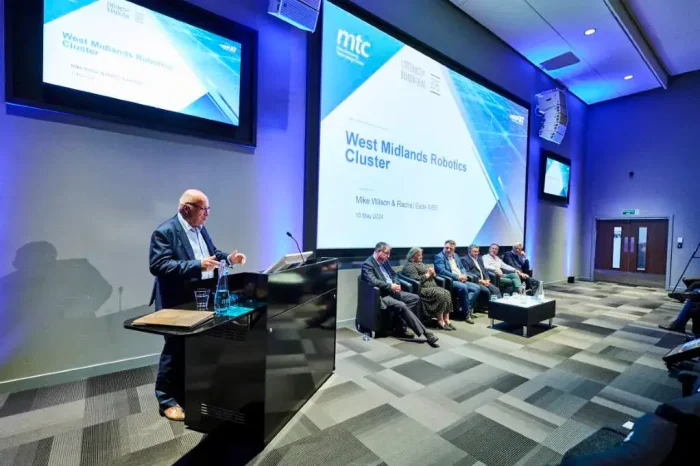University of Warwick partners with Zest to establish EV charging stations

The University of Warwick has teamed up with Zest, a certified B Corp, to create one of the largest electric vehicle (EV) charging facilities at a UK university campus, providing 173 charging spaces. This initiative is part of a £1.3 million investment by Zest over a 15-year period, which comes at no cost to the University.
This collaboration is set to reduce carbon emissions significantly, potentially saving over 15,000 tonnes of CO2, which equates to the emissions from 69 million miles driven by a petrol car. The charging stations will benefit staff, students, and visitors, and are part of the University’s broader strategy to place sustainability at the core of its operations, research, and education.
The project is a joint effort between Warwick’s Estates team and university academics who specialise in transport. It underscores Warwick’s commitment to pioneering research in transport and future mobility, often in partnership with leading industrial and governmental bodies.
Additionally, the campus hosts The National Automotive Innovation Centre, a collaborative venture involving Warwick’s Manufacturing Group (WMG), Jaguar Land Rover, and Tata Motors European Technical Centre, epitomising the university’s dedication to innovation and technology in manufacturing.
Parvez Islam, Director of Environmental Sustainability at the University of Warwick said:
“Our goal is to reduce carbon emissions generated through all forms of transport and mobility, by providing greater choice and more sustainable forms of travel and opportunities to charge vehicles on campus.
“By working in partnership with Zest, we have been able to match our strong commitment to sustainability with real action. With charging spaces in the hundreds, drivers on campus will be reassured that switching to EV is a sustainable, desirable and convenient option.”
Robin Heap, CEO at Zest, said:
“With its deep expertise in automotive research and development, we are not surprised that the University of Warwick is taking the lead with a large-scale deployment of EV infrastructure.
By providing abundant charging facilities now, more drivers will be encouraged to switch, with all of the climate decarbonisation and air quality benefits that go with it. We’re excited to see their positive effects, both on driver behaviours and in stimulating new automotive research.”



